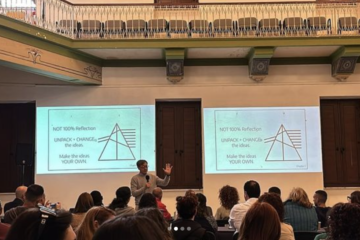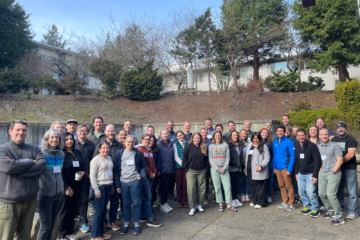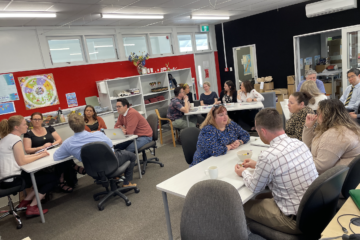From the 23rd of September to the 29th, the Seven Fountains Jesuit Retreat Centre was occupied by a total of 42 educators from all over Asia Pacific: Australia, Cambodia, East Timor, Hong Kong, Indonesia, Macau, Philippines, and Taiwan. And as one has come to expect from the typical IGNITE workshop of the Jesuit Asia Pacific Conference, the diversity of the culture and experiences of the participants spelled all the difference in the workshop experience.
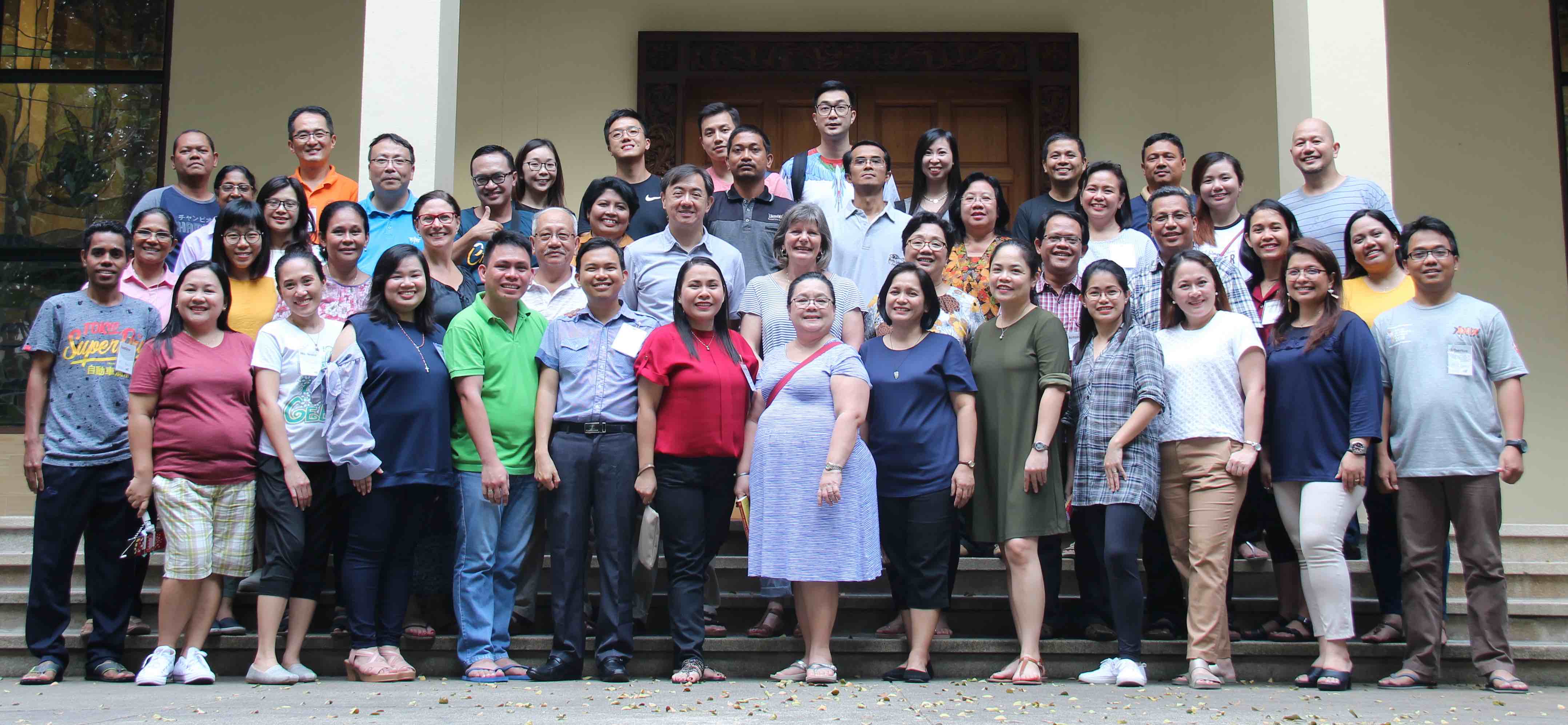
The workshop, called “LEARNING BY REFRACTION: CONVERSATIONS ON IGNATIAN PEDAGOGY,” was conducted by the team of Ms. Rita Atienza (Ateneo SALT Institute Coordinator for Teacher Education and Professional Development), Ms. Jennie Hickey (Executive Officer of Jesuit Education Australia), and Fr. Johnny Go SJ (Education Secretary for Asia Pacific). It’s the first run of the workshop, and the timing could not have been better since 2018 marks the 25th anniversary of the publication of Ignatian Pedagogy: A Practical Approach, the Jesuit education document that has been making an impact on the way we teach and help our students learn in our schools.

The workshop entailed a lot of group work where participants from different countries learned from one another.
“Learning by Refraction*–That’s the name we thought of calling the kind of learning that we hope our students will engage in when teachers use Ignatian Pedagogy,” explained Fr. Go. “Refraction refers to the bending of light and sound waves when they pass through a medium, and we think it’s a great metaphor for what should happen in learning in an Ignatian classroom. The students should ‘bend’ or change the content and make it their own.”
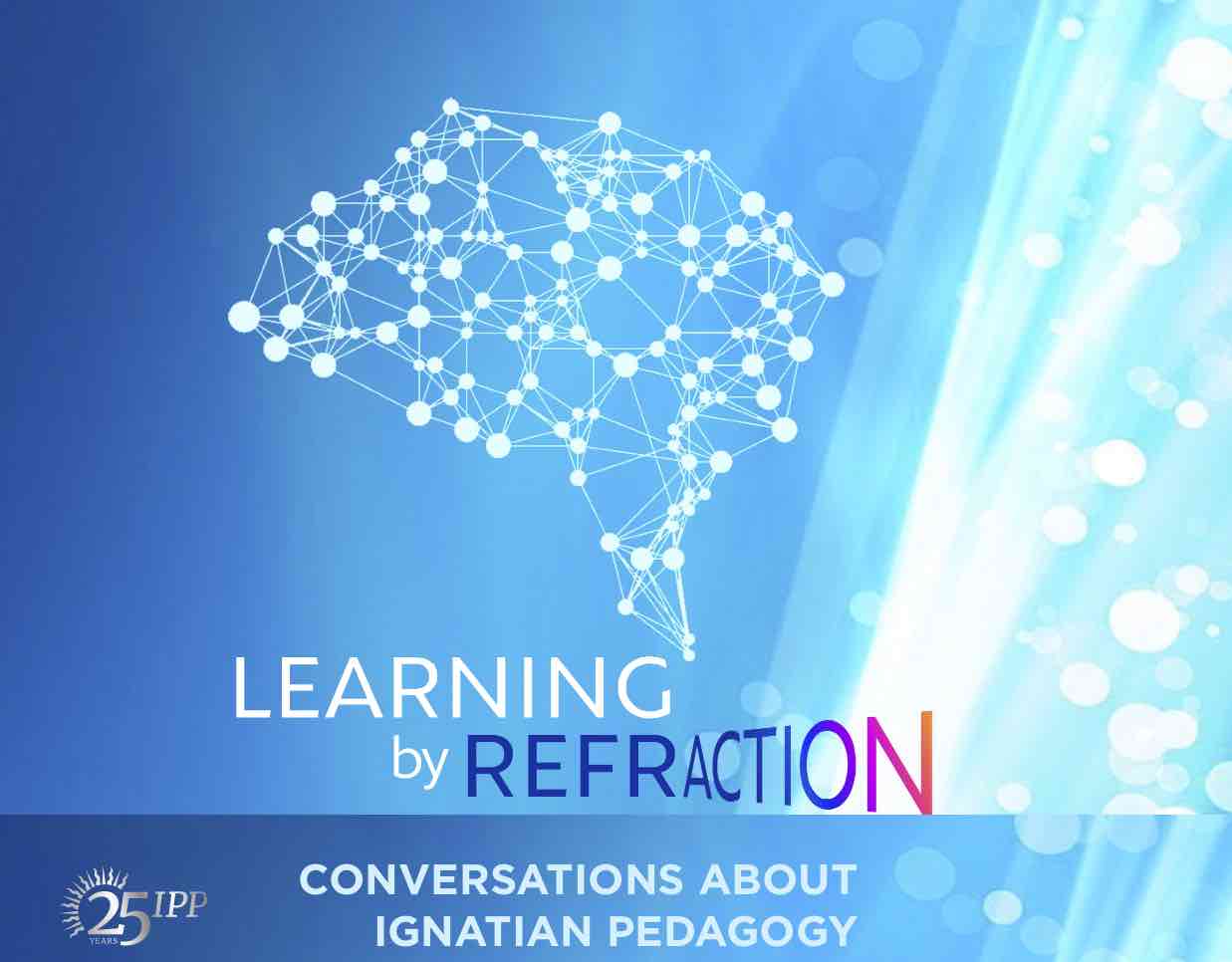
“Refraction also sounds like the combination of Reflection and Action, the two defining elements of IPP,” he added.
For a whole week, the participants were offered so-called “conversation starters” designed to provoke them to reflect on their experiences and to rethink what Ignatian Pedagogy means. The accumulated experience and wisdom in the room were palpable during the discussion, the language difficulties notwithstanding. To practice what they preach, the facilitators made sure the workshop was designed in a way that encouraged the participants to “work and talk shop,” keeping them active learners and enabling them to “learn by doing.”
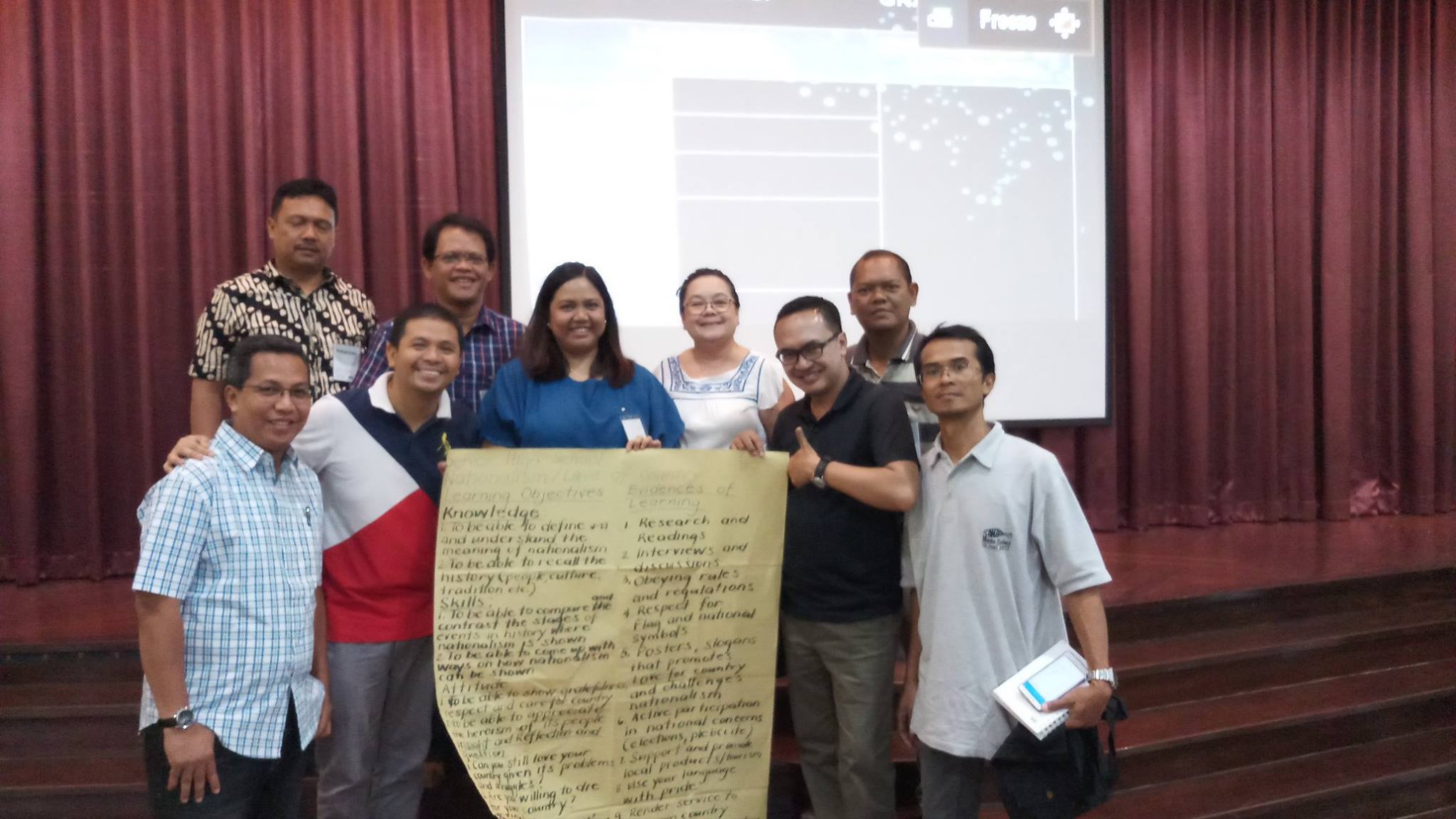
The participants made sure to document not only their outputs but also the sense of collegiality that the workshop produced in the group.

At the end of each day, the participants gathered to worship as one faith community.
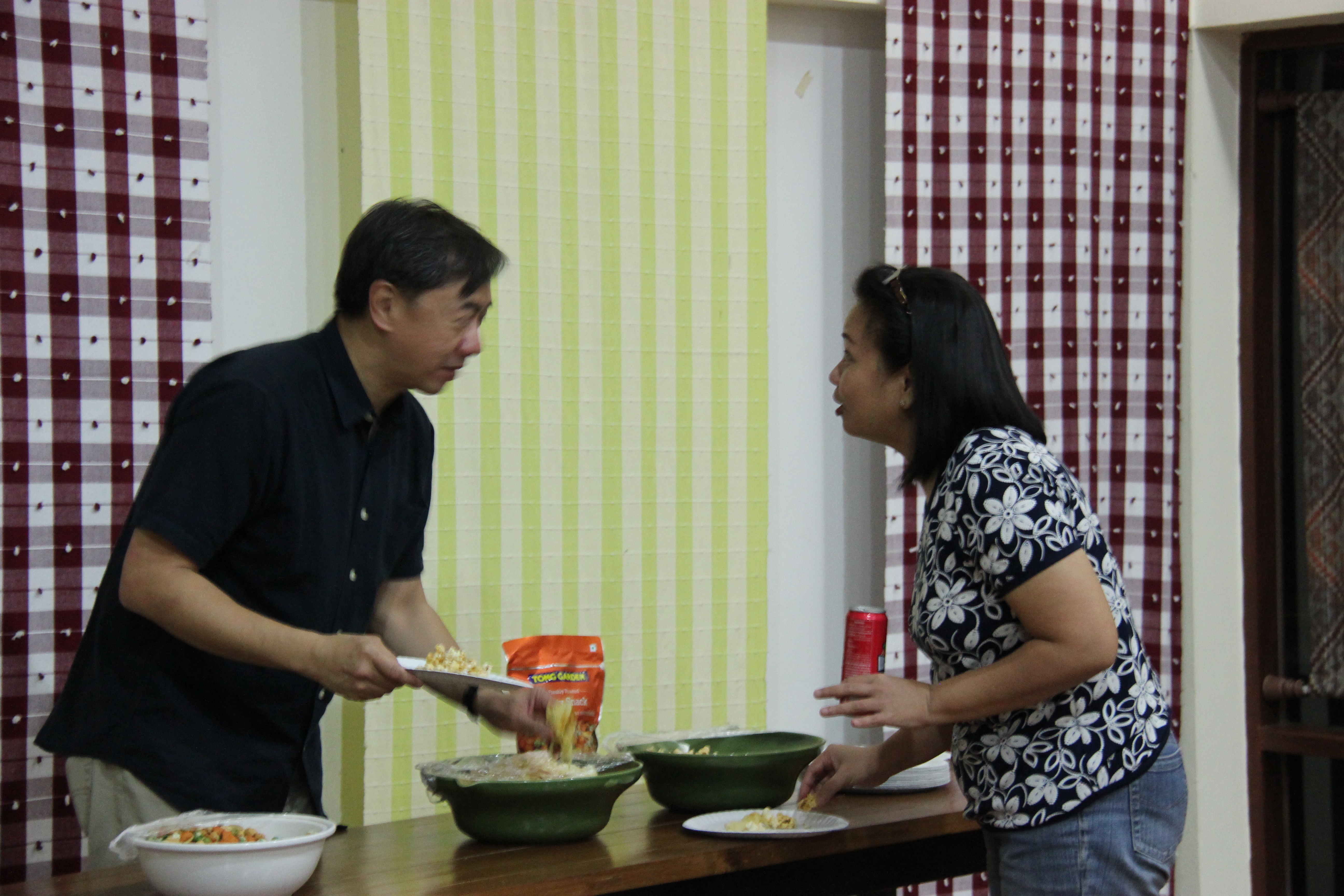
Fr. Johnny chats with Penny of the Ateneo de Manila Grade School. The informal exchanges during the breaks were an important component of the workshop.

The games on the second night allowed the participants to let their hair down and get to know one another better. Thanks to our friends from Ateneo de Cebu, Philippines, who designed and conducted the games.
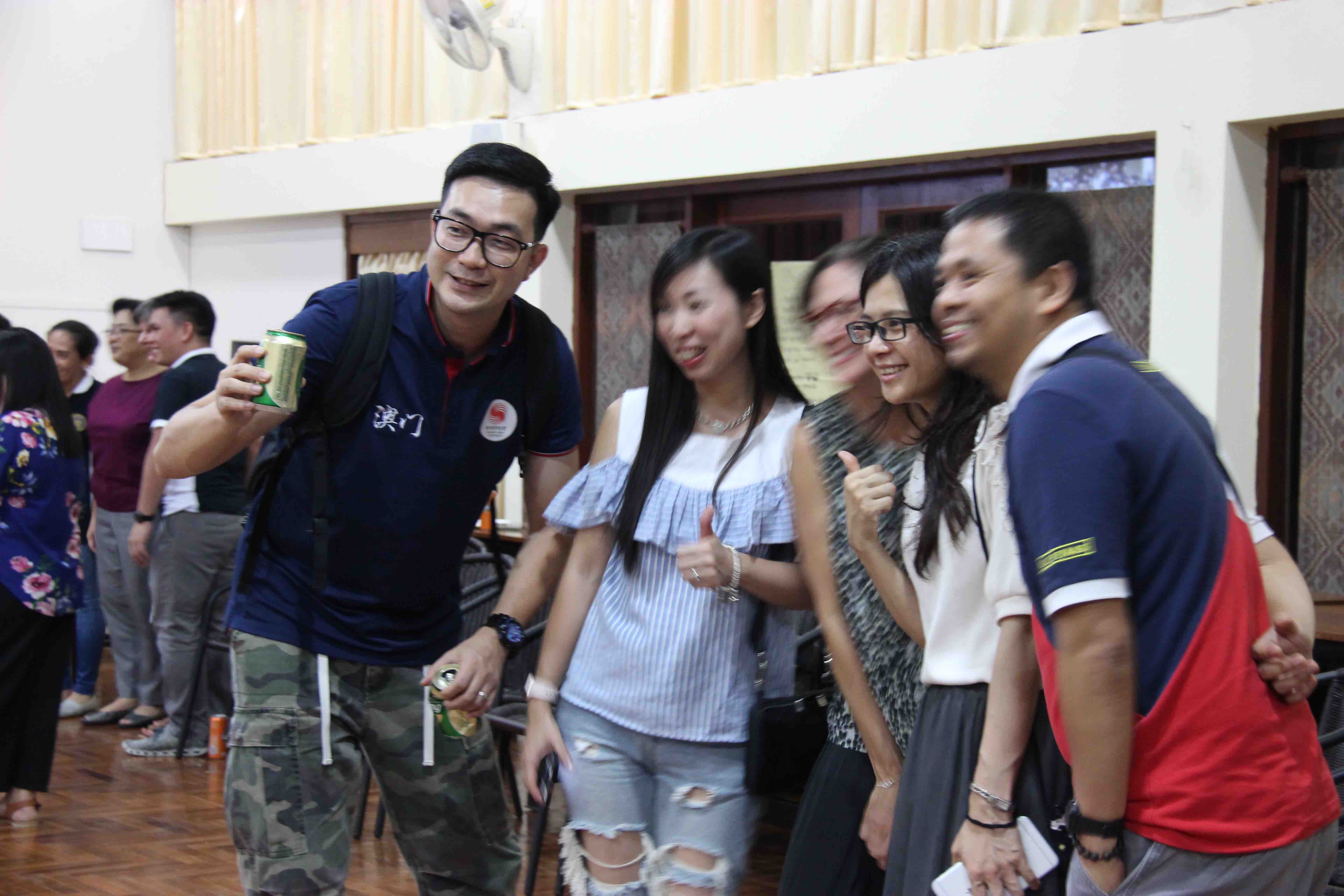
The friendships created among the participants will ensure that the network built in this workshop will continue and lead to collaborations.
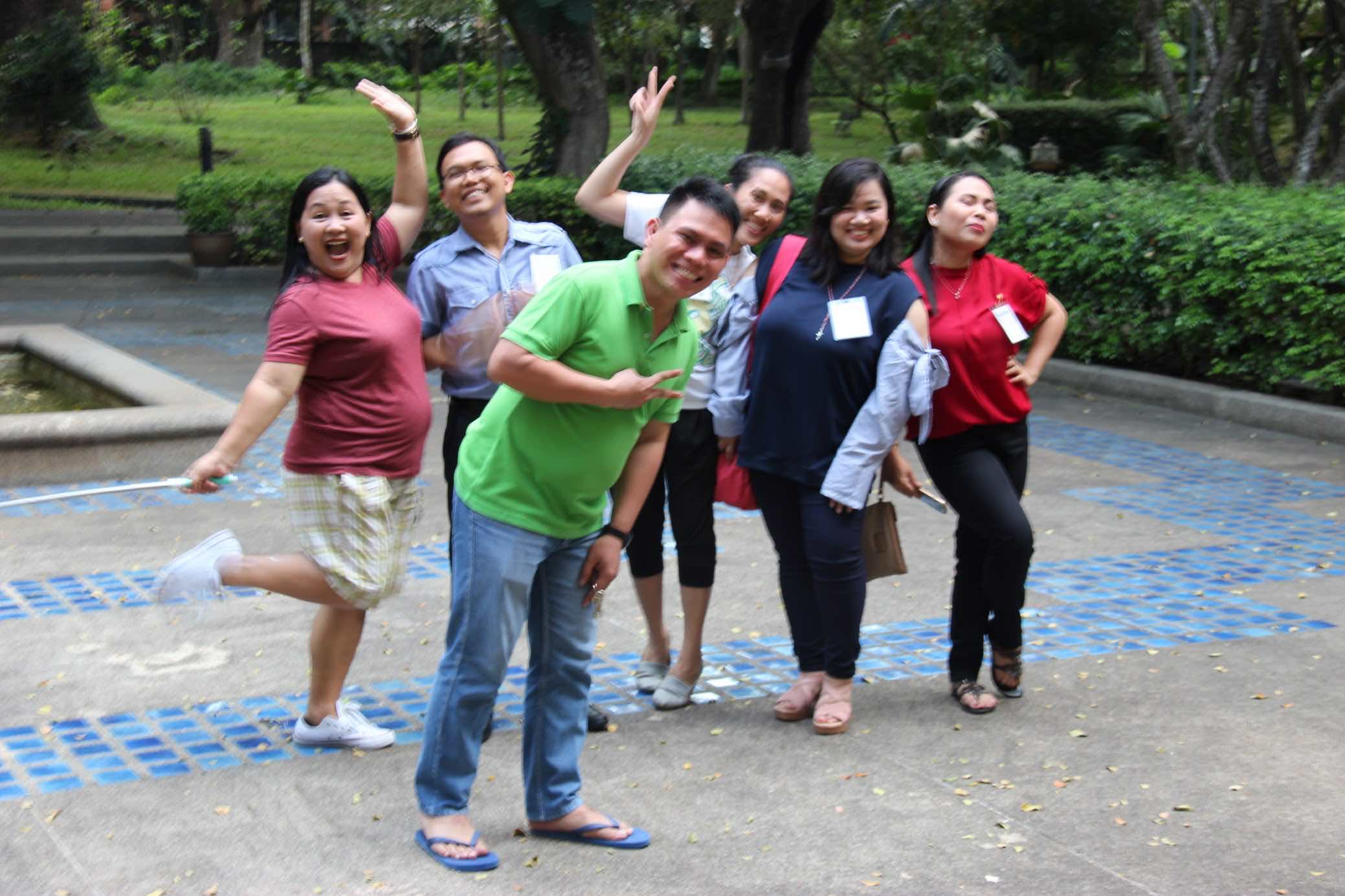
Delegates from the Philippines clown around before that day’s Mass..
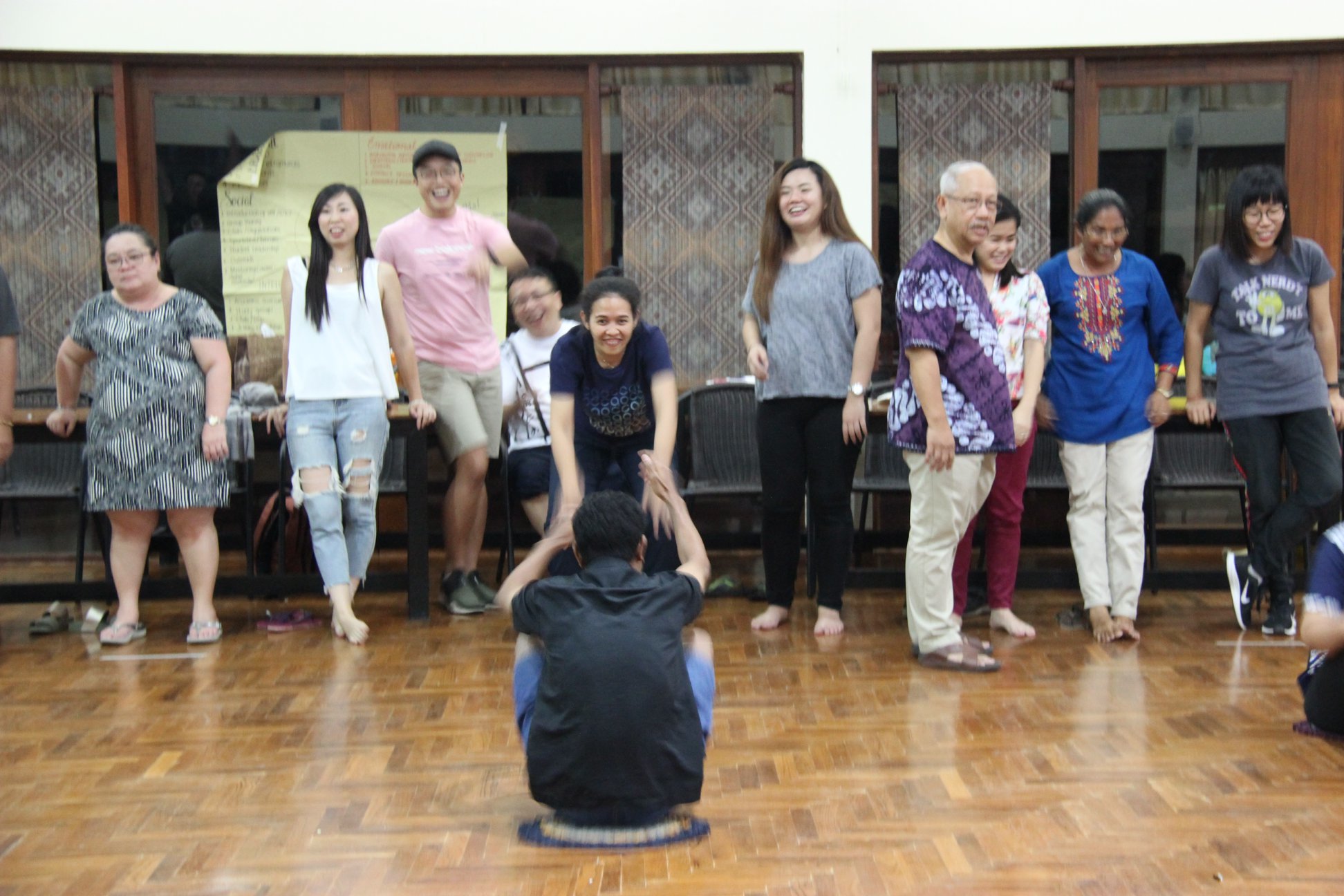
The games during Socials Night got a little tad too physical.
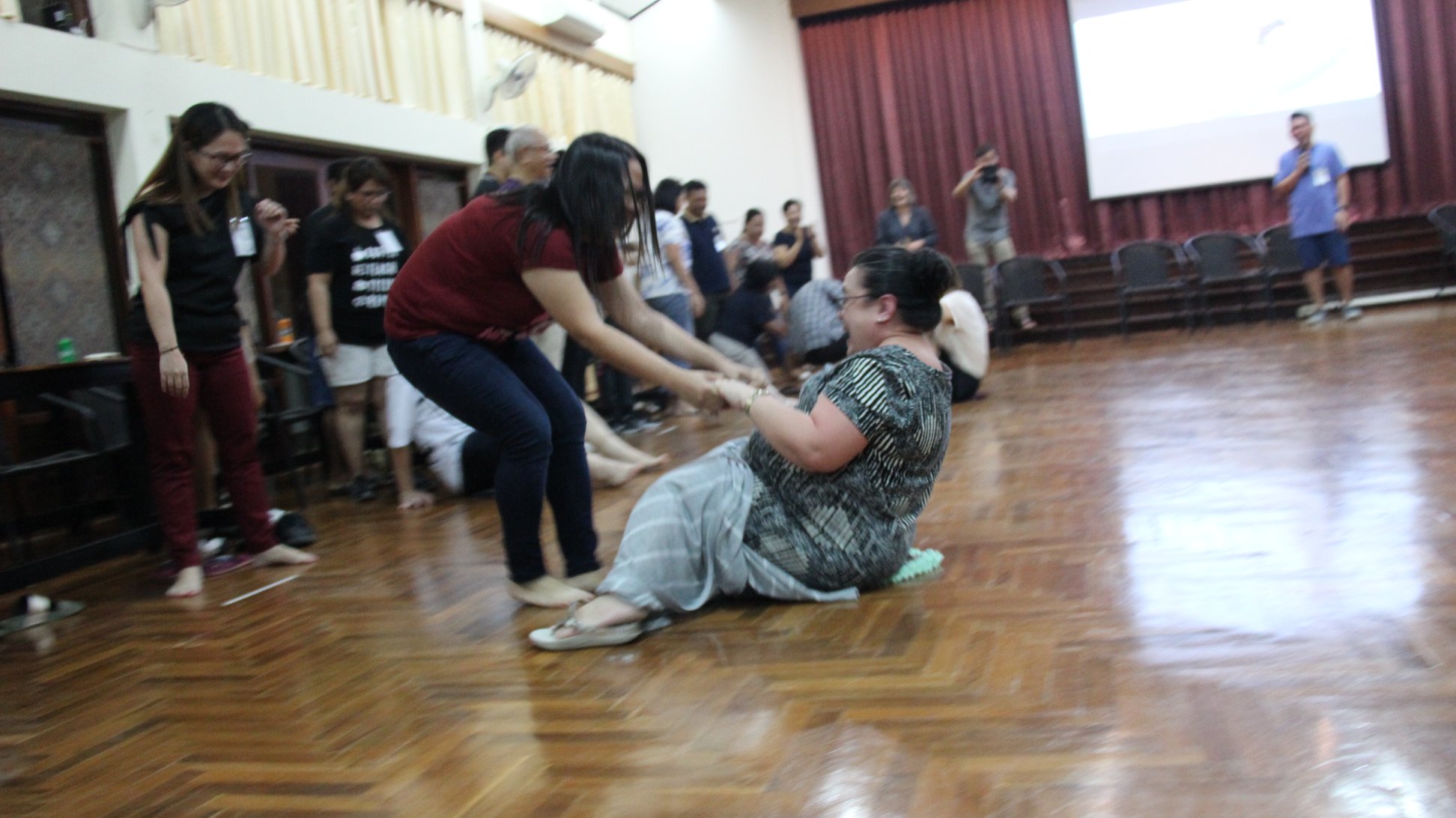
Some of the games proved too taxing for others, but they got the much-needed (but prohibited!) help form their teammates.
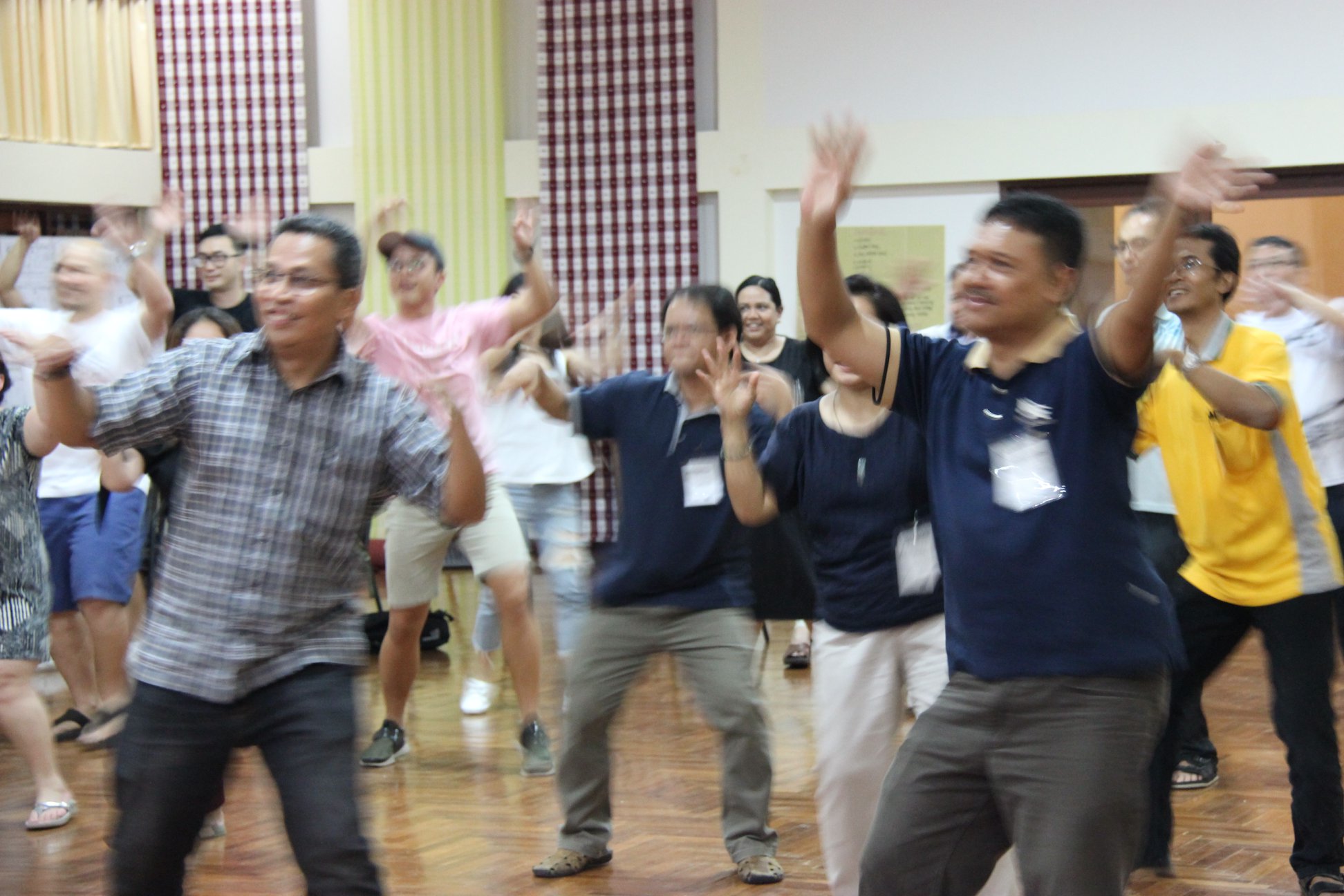
The Indonesian delegates led the group in community dancing.
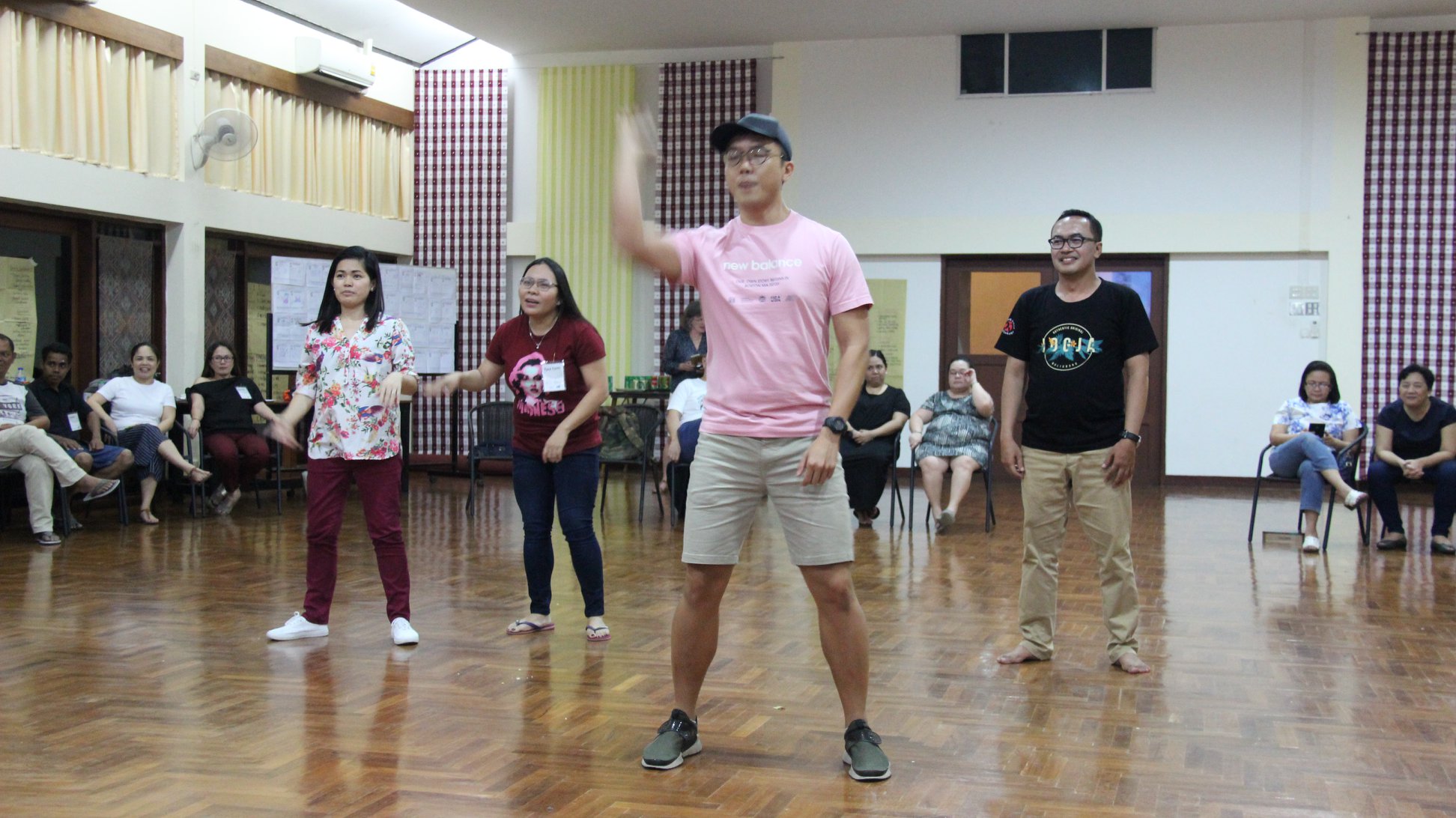
One of the surprises was when the millenials took the floor to perform an impromptu K-Pop dance number.
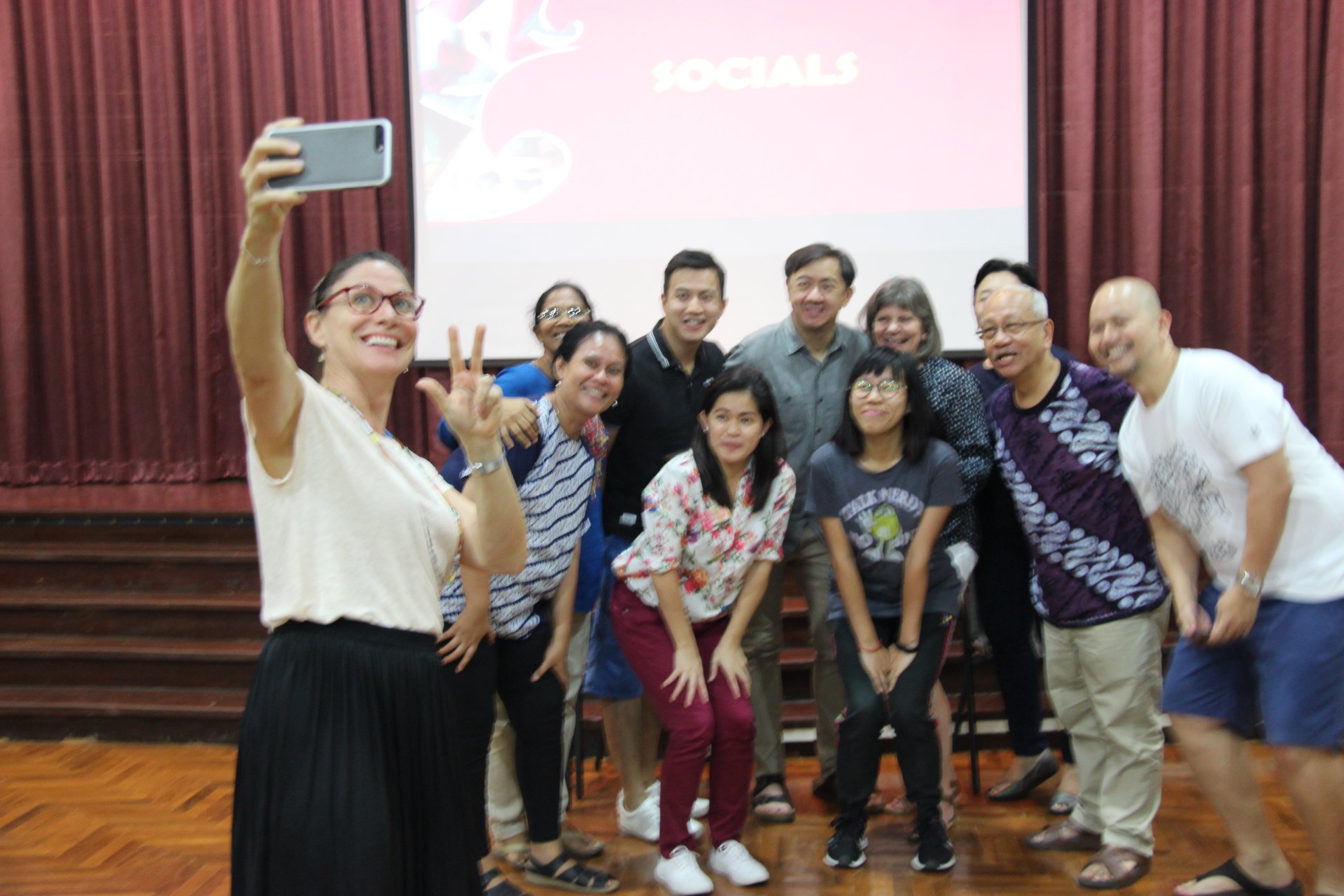
Of course no event is complete without the selfies and groupies.
For one of the morning prayers, Fr. Johnny Go led the group to a praying over the “memories of learning and laughter” created during the workshop. It was a moment of profound gratitude.
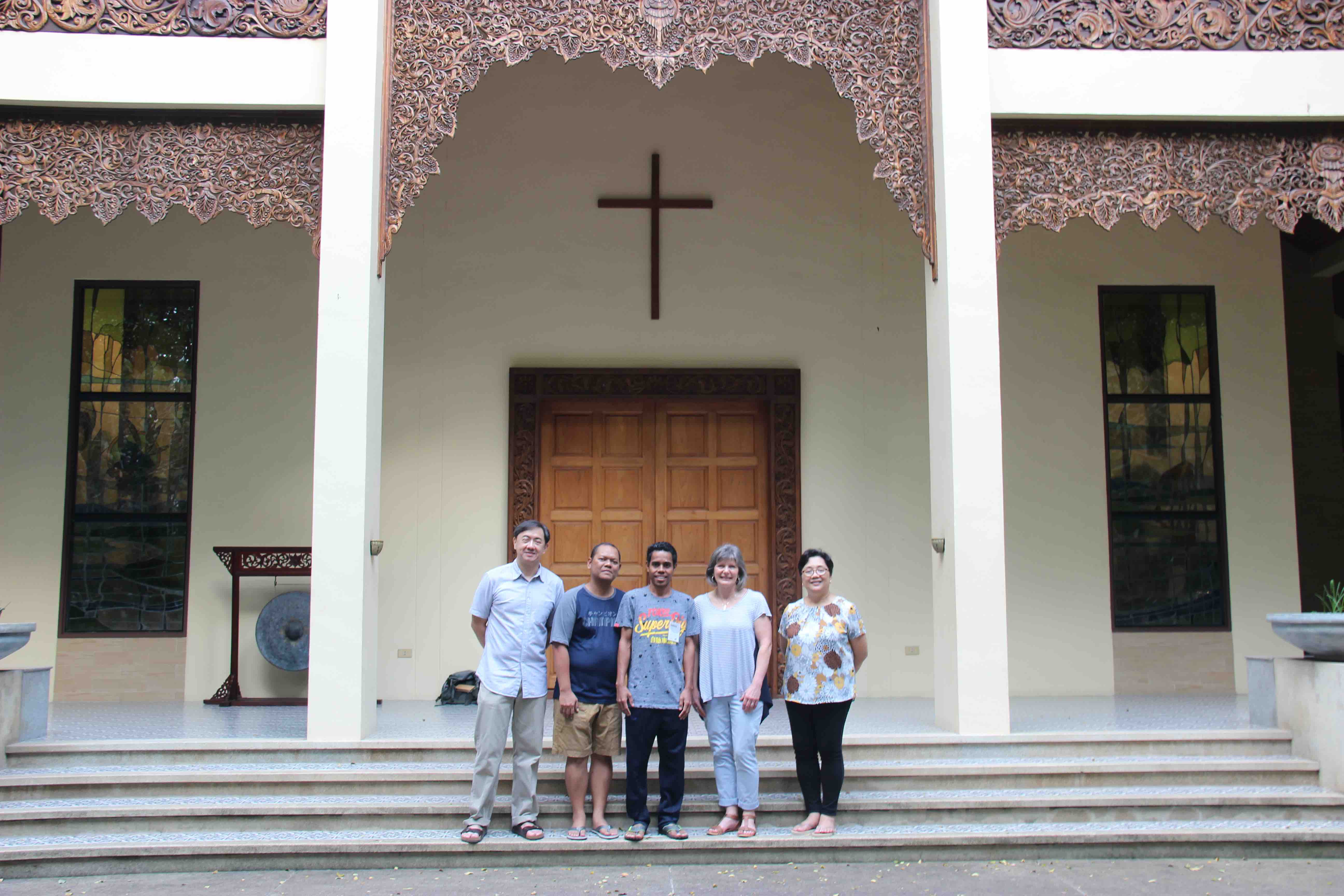
Facilitators pose with our friends from San Inacio in Kasait, East Timor.

Facilitators pose with the large Indonesian delegation.
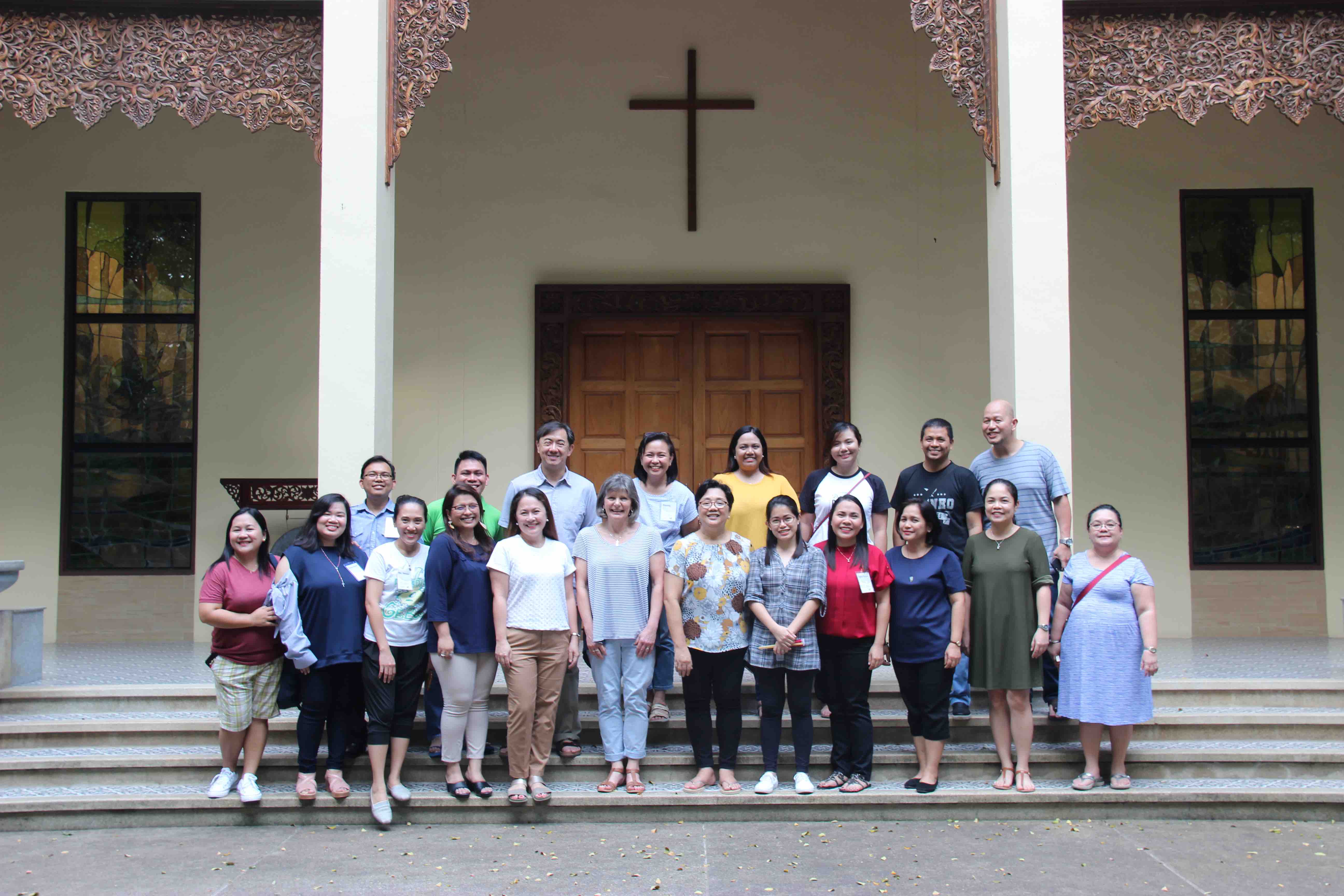
Facilitators pose with our friends from the Philippines.

The Chinese Province delegation from Macau, Taiwan, and Hong Kong pose with Fr. Johnny, Rita, and Jennie.
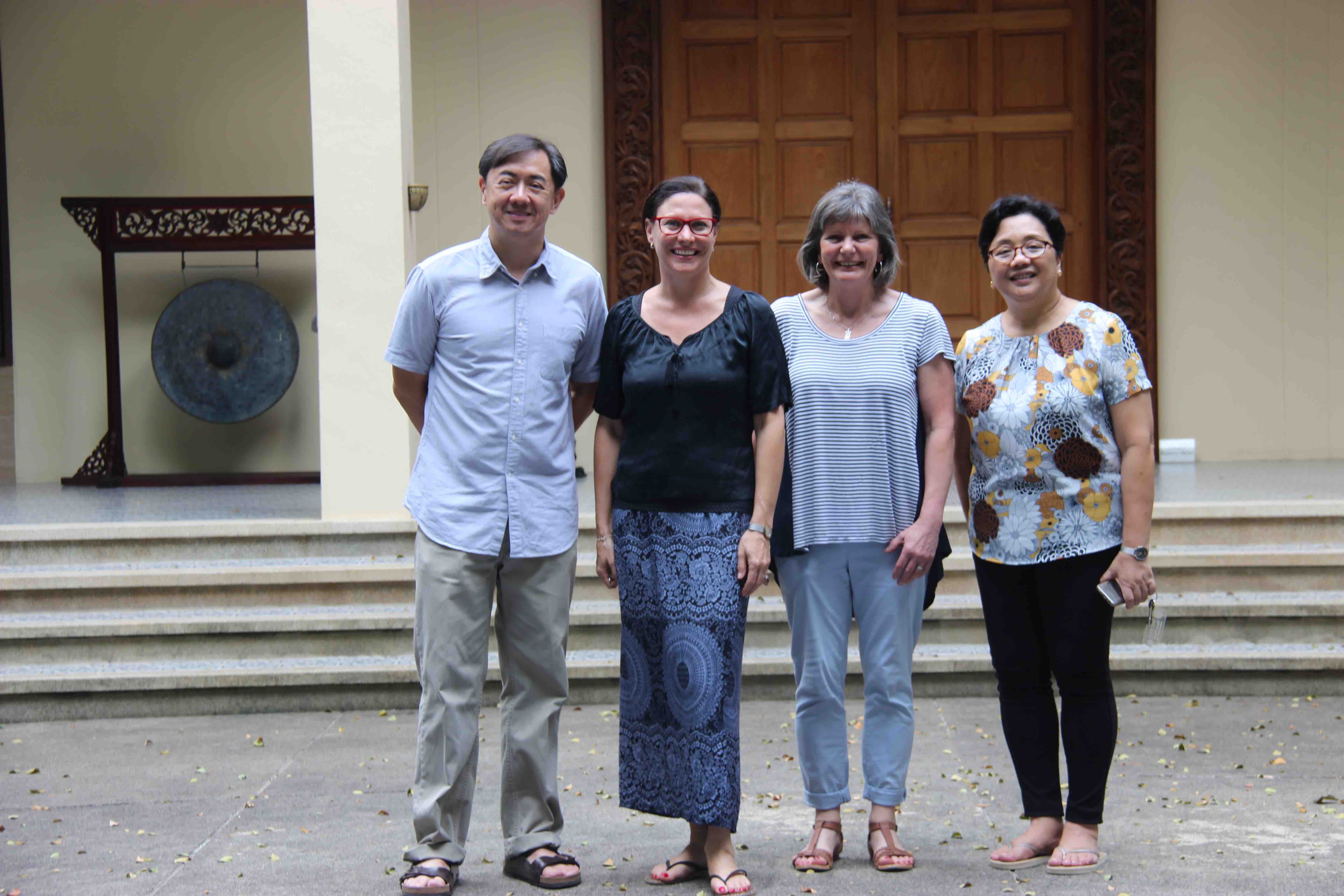
Angela gets her own picture, being the sole representative from Australia.

Our two lovely Presentation Sisters from our school in Sisophon, Cambodia pose with the facilitators.
Even some of the more veteran practitioners of IPP reported some “A-ha” realizations–particularly, the need to take Reflection and Action more seriously by designing them before their classes, including them in the desired learning outcomes, and when possible and desirable, assessing them.
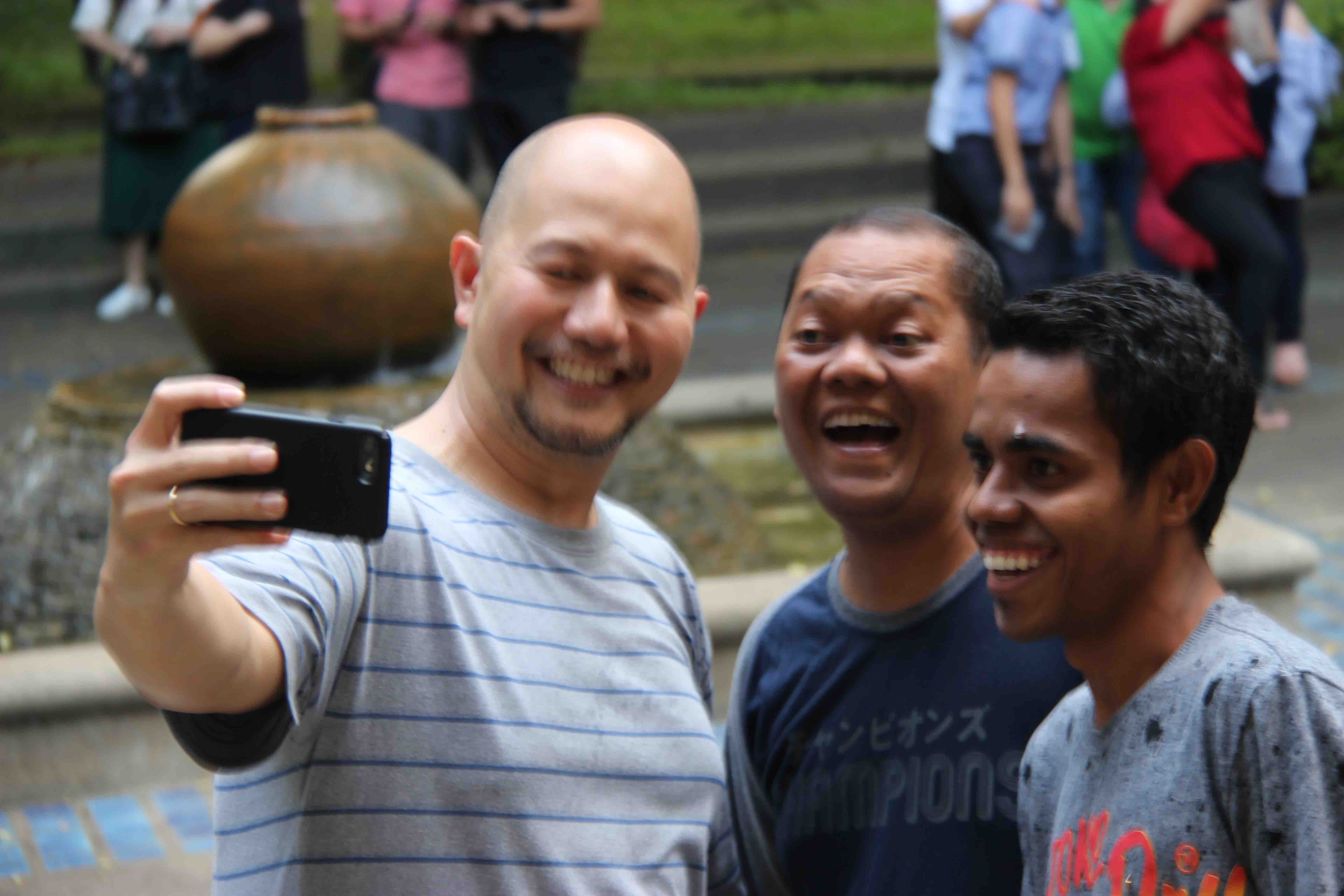
Needless to say, the workshop was made special by the new friendships it produced and the inspiration it left all of us to strive for the magis in our mission as Ignatian educators.
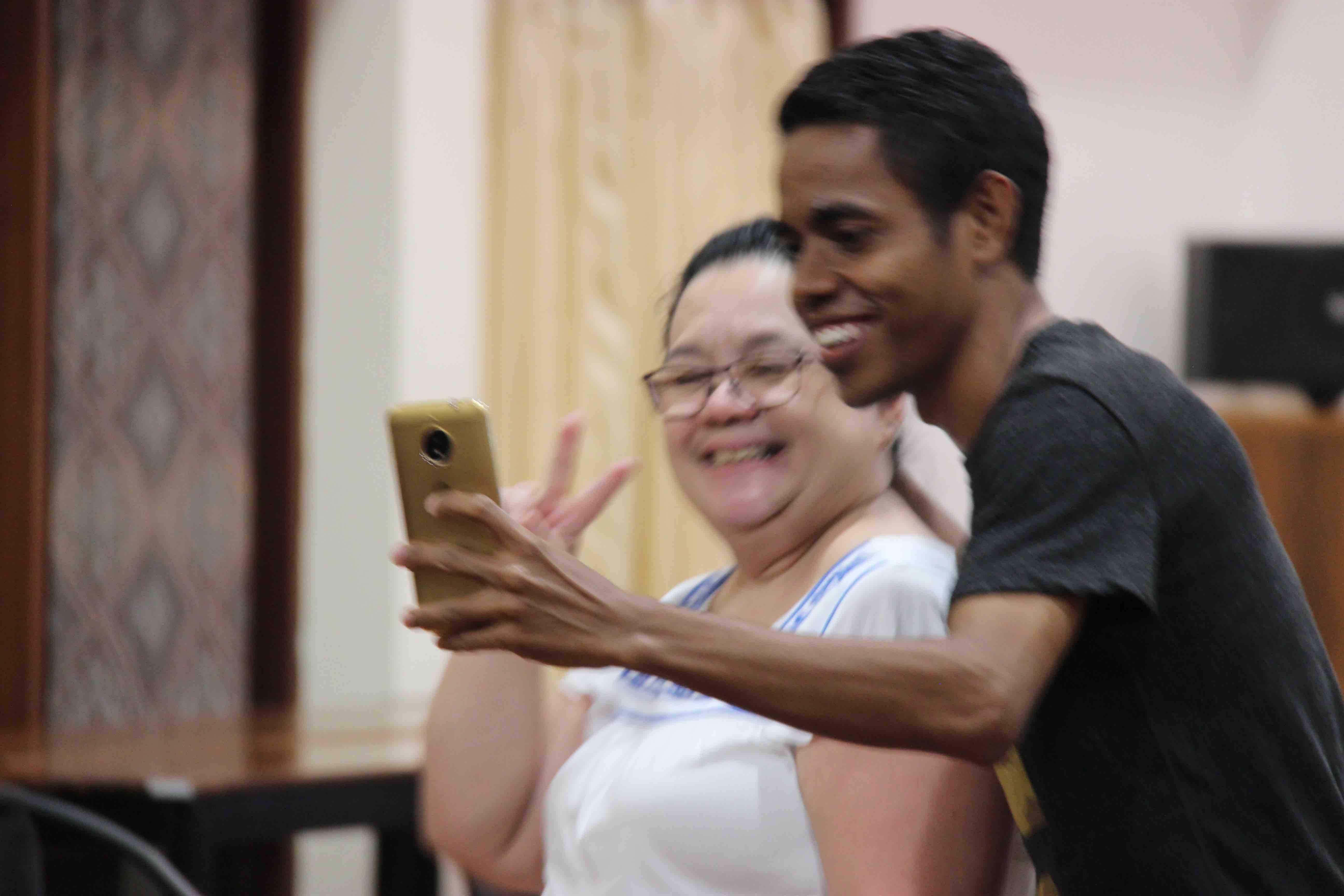
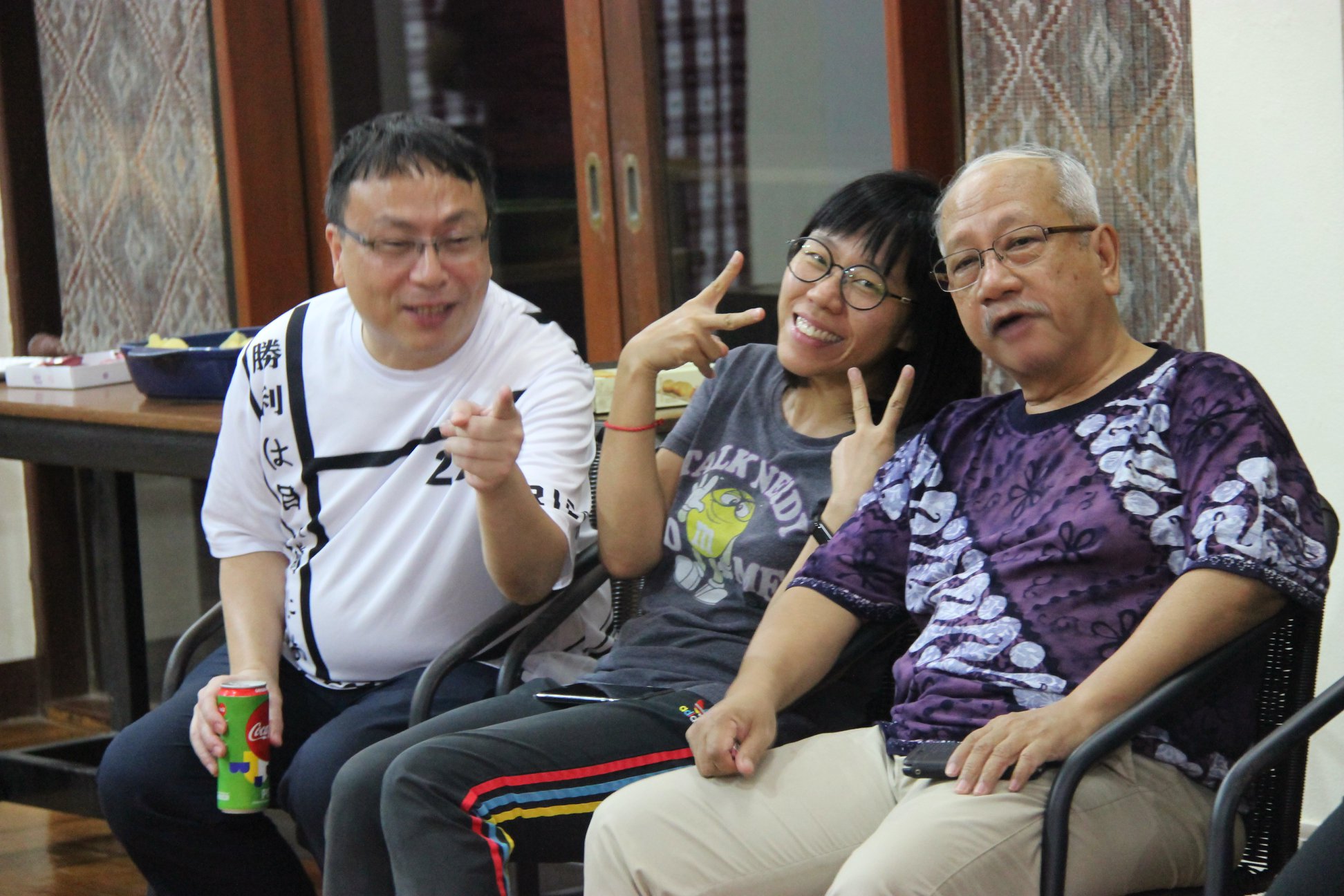
The workshop began with the big idea that in the process of learning, learners need to refract the subject matter. What happened in the workshop also illustrates the other–even more important–goal of Ignatian and refractive learning: In the process of learning, the learners themselves are transformed–and indeed refracted.
* “Learning by Refraction” is also the title of a teacher’s manual that Fr. Go and Rita Atienza are co-authoring, scheduled for release this year.
Many thanks to Albertus Henny Setyawan for being our unofficial photographer!
